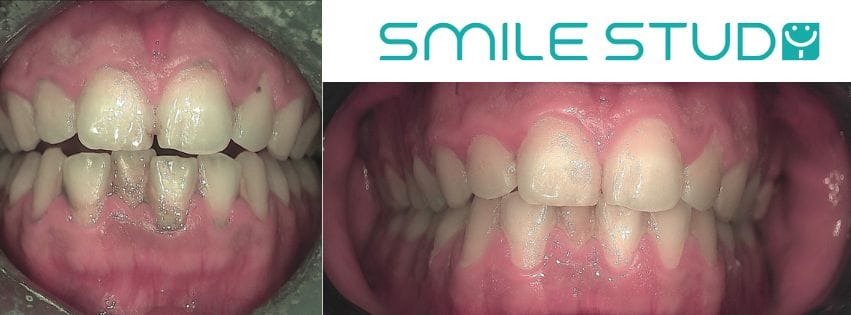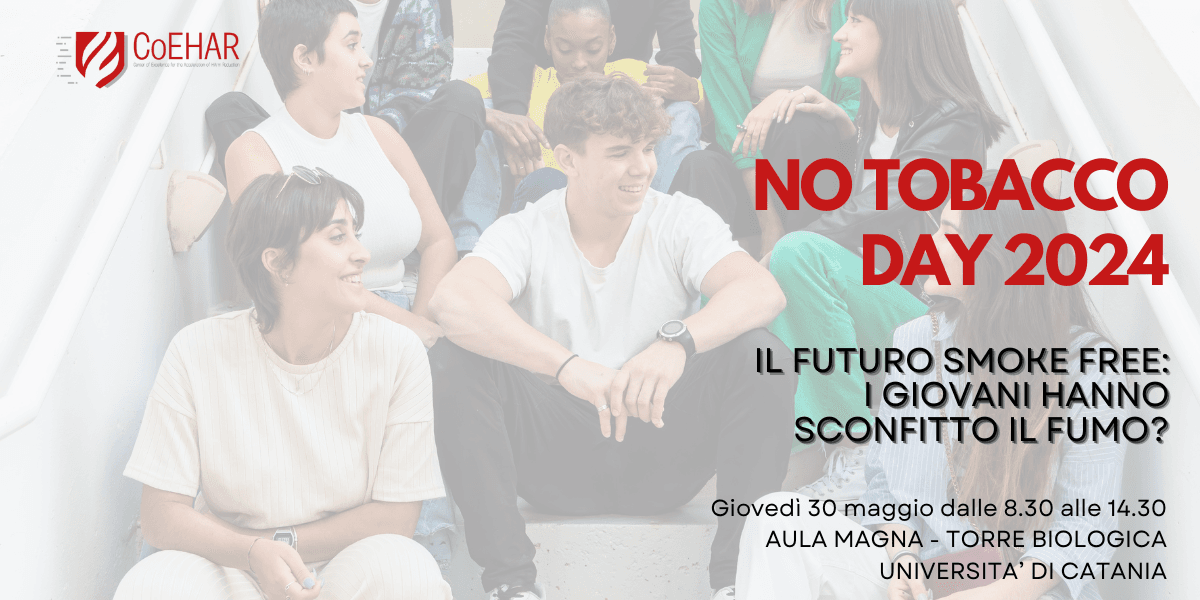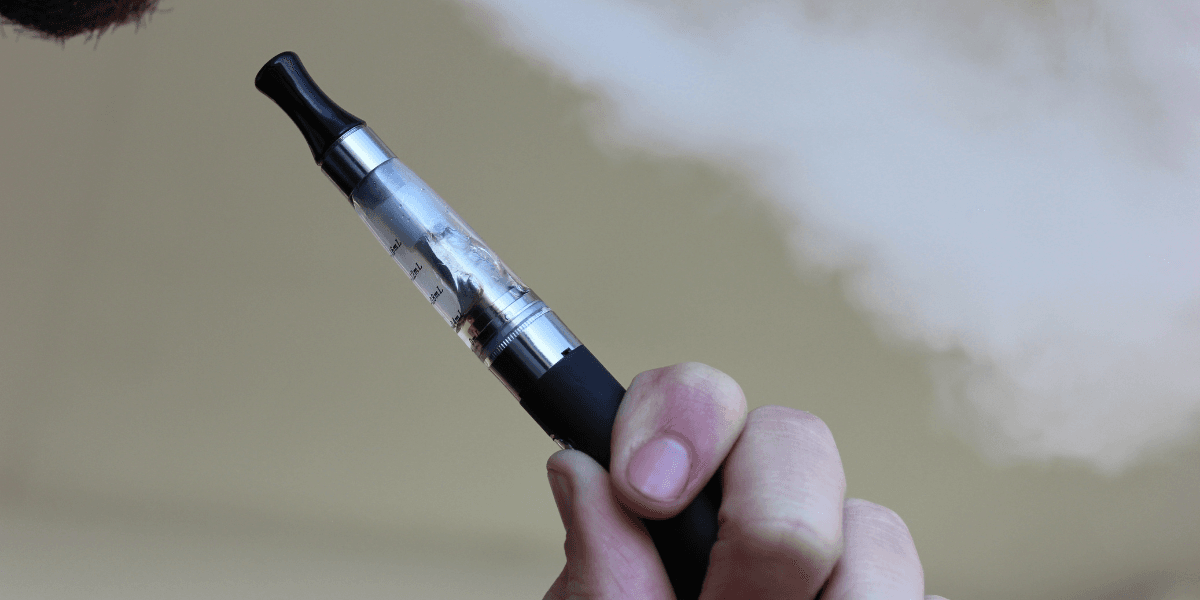SMILE Study Researchers Confirm That Exclusive Users of Combustion-Free Products Have Lower Plaque Accumulation Compared to Smokers
The exclusive use of ECs or HTPs may be associated with reduced dental plaque and calculus accumulation compared to conventional cigarette smoking, suggesting a potentially less harmful impact on oral health. These findings could be particularly compelling for smokers concerned about dental hygiene and related issues such as bad breath.










